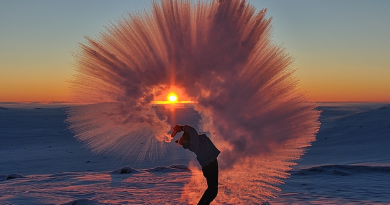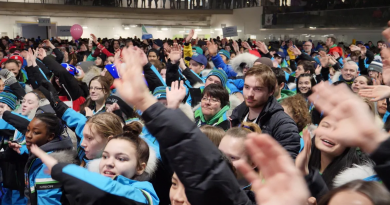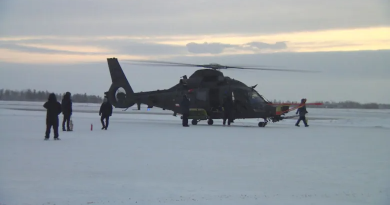Violence against Indigenous women: Northwest Territories gov not yet committing to recommendations
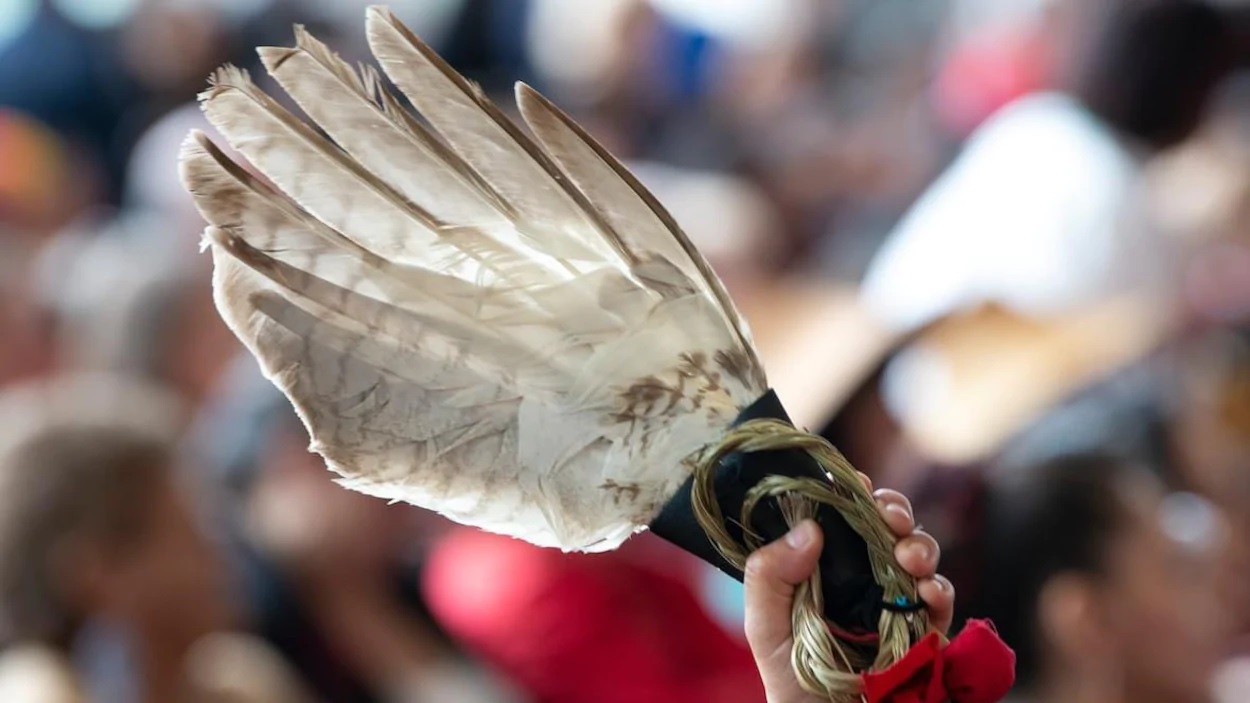
The N.W.T. government is not yet committing to act on all the recommendations from the inquiry into missing and murdered Indigenous women and girls, aimed at territorial and provincial governments.
On Friday, the N.W.T. government released its initial response to the final report from the national inquiry.
The inquiry’s report, titled Reclaiming Power and Place, was released this summer and it determined that Canadian policies and institutions perpetuate violations of human and Indigenous rights, and that this amounts to a genocide of Indigenous women, girls and 2SLGBTQQIA (two-spirit, lesbian, gay, bisexual, transgender, queer, questioning, intersex and asexual) people.
The report made 231 recommendations, or “calls for justice.” Nearly three quarters of them point directly at provincial and territorial governments.
In its response, the N.W.T. government states that a territorial election is coming up, which means it will be up to the next batch of lawmakers to undertake a deeper analysis of the report’s findings. It says the next government will likely need policy changes, or designated money and staff.
“The [government of the Northwest Territories] recognizes that this work cannot be done by governments alone,” reads the government response. “We need to work with the federal government, Indigenous governments, business sectors and non-government organizations.
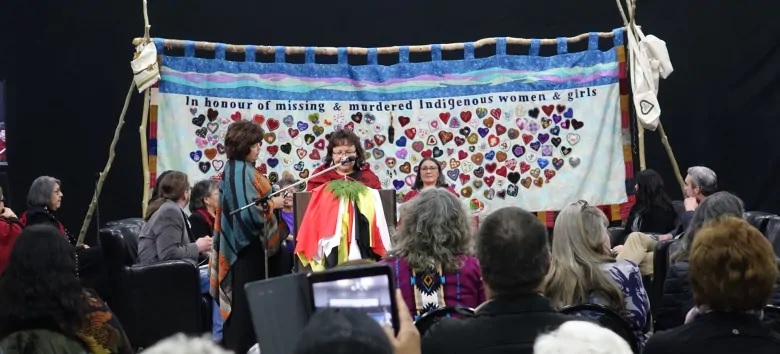
Caroline Cochrane, minister responsible for the status of women, says the next Legislative Assembly elected in October has to prioritize the recommendations from the inquiry’s report.
“I think we have to look at trying to push the needs of women and especially Indigenous or 2SLGBTQQIA people,” Cochrane told CBC. “If it doesn’t become a priority, my fear is that it won’t get the attention it needs.”
Cochrane said one of the ways to make sure that happens is to elect more women to government.
“When we have more women at the table… we’ll look at things more holistically, and… how it impacts the whole family.”
The inquiry’s recommendations fall under 18 themes, including human and Indigenous rights, culture, police services and health and wellness.
Signage, Indigenous languages
The territory’s response doesn’t address each of the relevant recommendations. Rather, it lays out work the government is already doing related to some of the themes.
For example, the inquiry’s report calls on all governments to recognize Indigenous languages “with the same status, recognition and protection provided to French and English.”
In the N.W.T., while nine Indigenous languages are recognized in the territory’s Official Languages Act, services and signage in Indigenous languages are still not ubiquitous like they are in English and French.
The territorial government says it’s addressing recommendations related to education by integrating into schools Dene Kede and Innuqatigiit curricula, which teach First Nations, Métis and Inuit perspectives.
The government also says that within the health-care system, it is developing standards so that care is provided in a way that respects Indigenous culture, beliefs, values and language.
Recommendation shortfalls
There remain many recommendations upon which the government comes up short.
For one, the inquiry’s report calls for crisis response teams in all communities that would support an Indigenous person, family and/or community immediately following a traumatic event.
It also calls for a child and youth advocate, with a team devoted to Indigenous children and youth, to be put in place in each province and territory.
The government’s response also highlights areas where further discussion is needed before it can make any kind of commitment.
One such area is gender. The territory says the inquiry’s report helped initiate a discussion looking at how the work of government affects women and people of diverse genders.
Ultimately, its “greatest challenge by far” will be finding the resources and capacity to follow up on the inquiry’s recommendations, says the N.W.T. government.
With files from Loren McGinnis
Related stories from around the North:
Canada: Levels of violence against young women in Northern Canada triple rest of country, CBC News
Finland: Number of reported domestic violence cases rises in Finland, Yle News
United States: U.S. Attorney General hears from Indigenous leaders about justice problems in rural Alaska, Alaska Public Media

